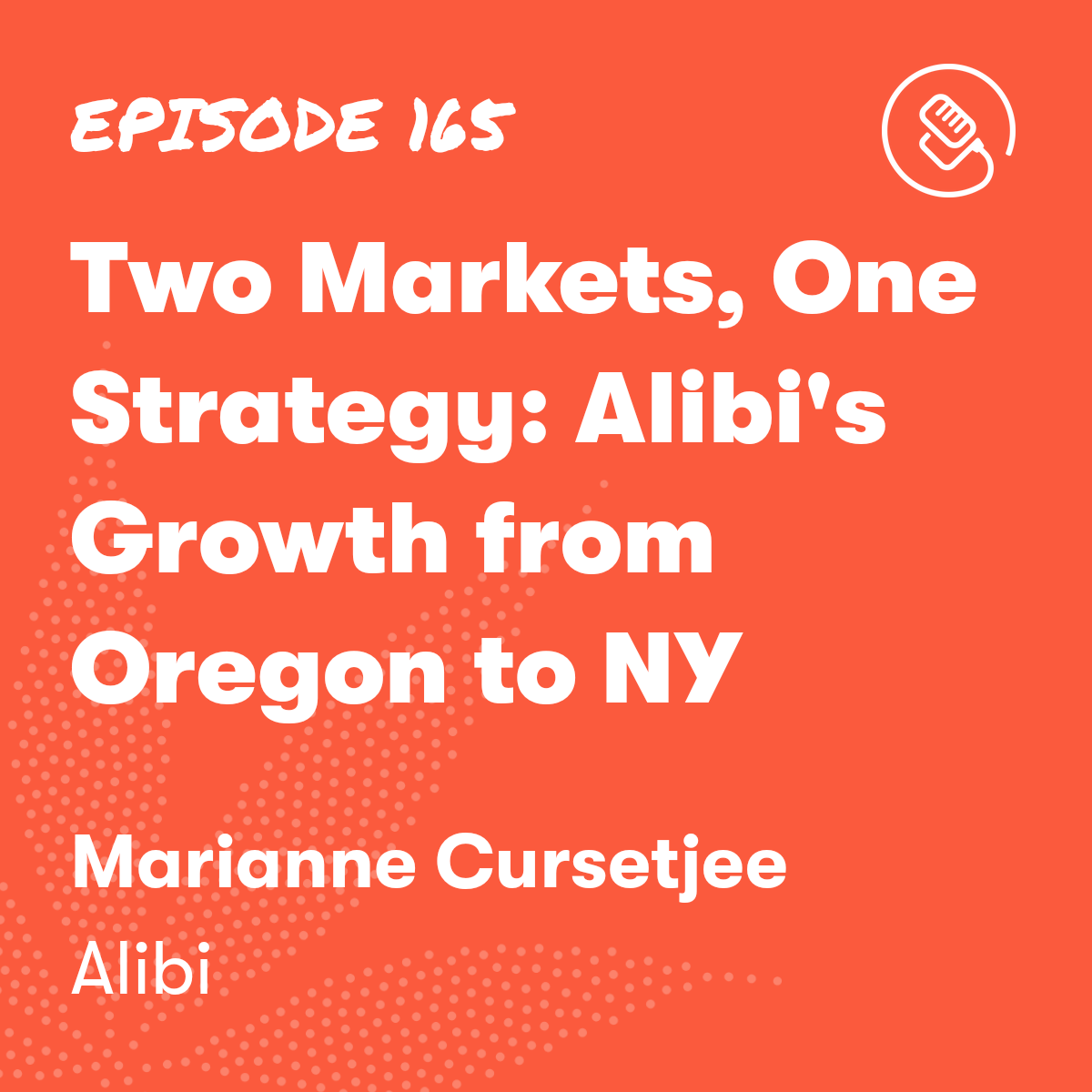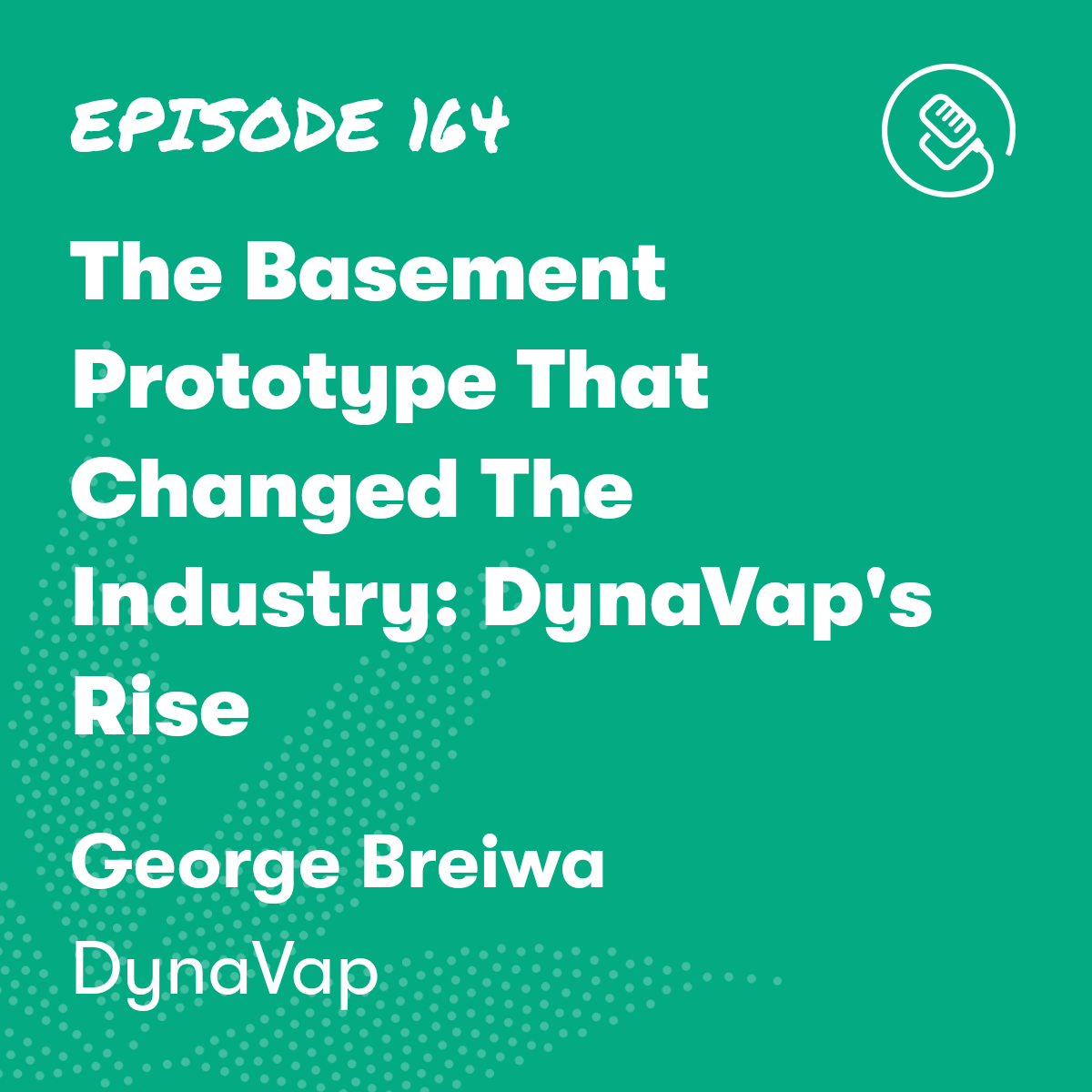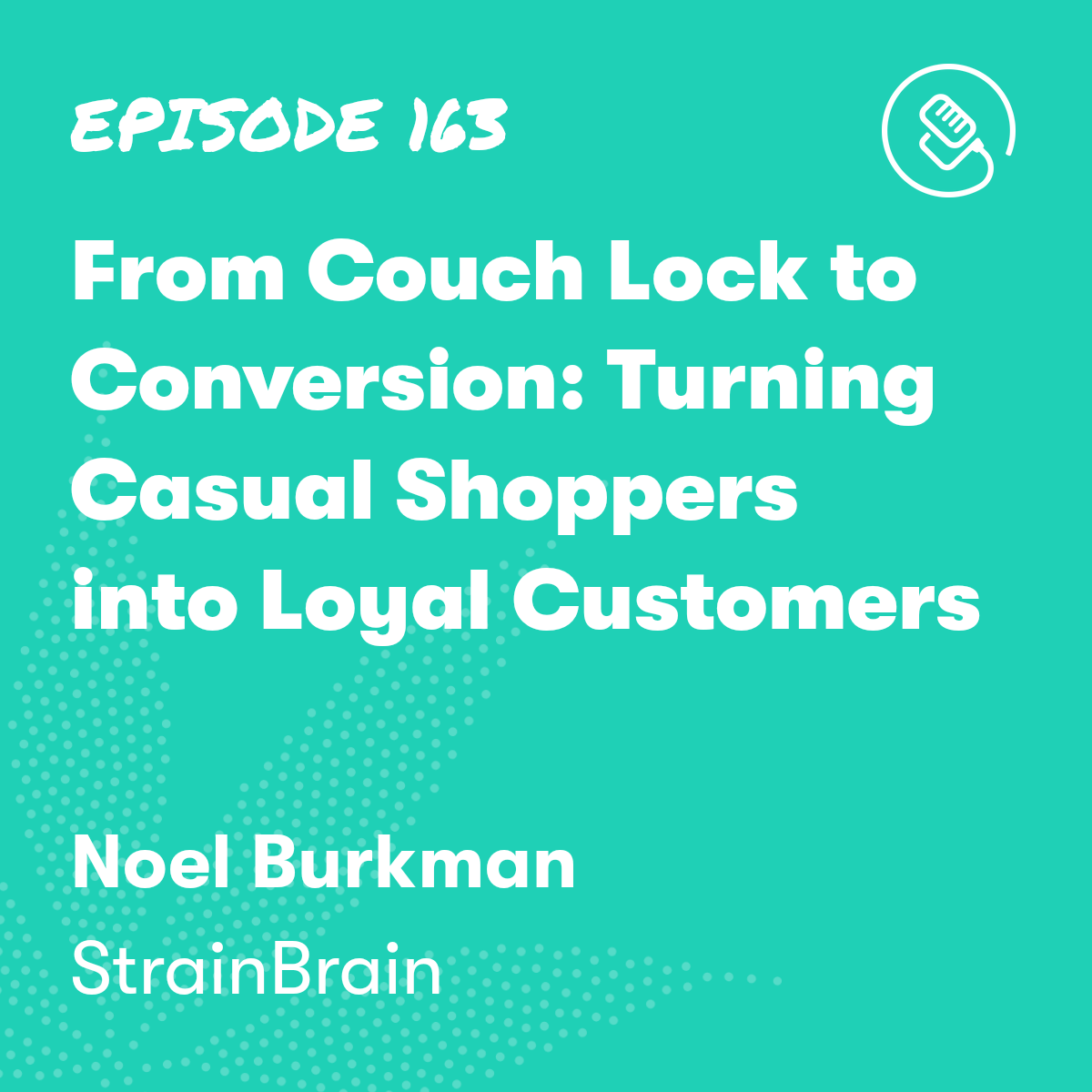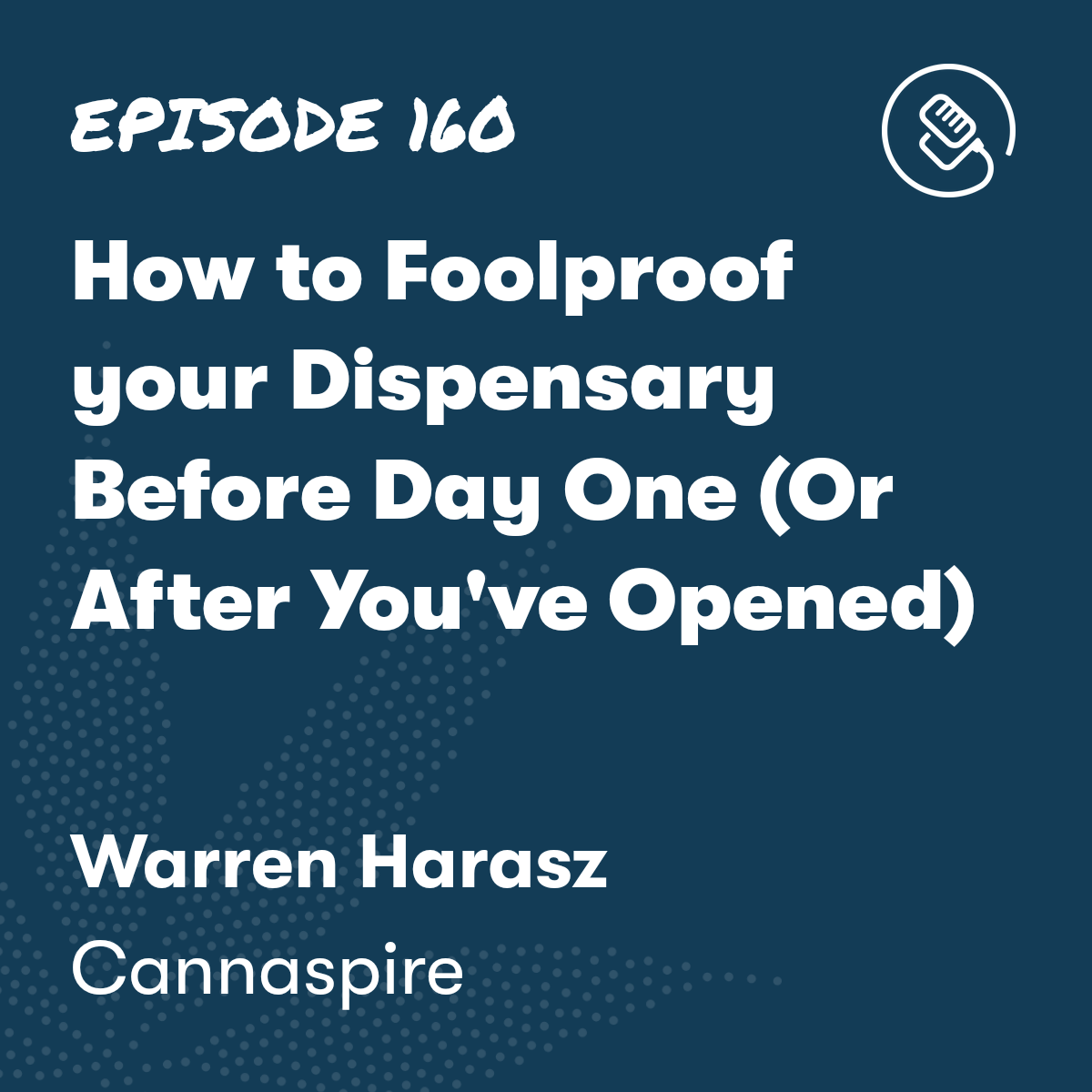

Tactics to Survive Consolidation with Tommy Truong (Kaya Push)
Episode Description

Episode Transcript
Tommy Truong: I want to talk a little bit today, Tom, about consolidation in the industry, right? We're seeing it right now. It's, it's a huge problem. And the question that I always want to ask or that I want our listeners to really think about is why, why is there consolidation in the industry? How are the larger groups buying out the independent operators, right?
And so why is that happening and what can we do better? As an independent operator so that we can survive this phase of the industry, right? This phase that we're going through, and it comes down to standard operating procedures. Independent operators, like, you know, the ones that that I talk to are owner managed and they may not have the resources or just really the, the capital investment to really think through the major business processes that that are the most important and where the leaky buckets are. Right. And I, I'll give you an example of this. So when I talk about standard operating procedure, I think about what are the major processes of the business, right? And are these processes ran efficiently? An example of that is there is a stat, right, that organizations without a structured hiring process or five times more likely to make a bad hire five times.
So you think about the industry today. , the high turnover that we have, 55%. And on average, 30% of individuals when they join an organization, a dispensary, they leave within the first two months. And how much of this is because organizations do not have a structured hiring process and we're hiring the wrong people.
Tom Mulhern: Well, and they're, they don't have a standardized interview process, a standardized, pre-screening process to even get rid of those bad fits from the beginning. I a hundred percent agree with you from the people I've talked to. The ones that have really kind of avoided this are those people that have those standardizations in place, those standard operating procedures that can make a huge difference.
Tommy Truong: If I was a, a dispensary owner, I would really think through about my turnover and really dig deep in, in the numbers. Are people leaving? The business within the first two months, within the first six months, within the first year. And if you have a lot of of your, of your team leaving for whatever reason within the first two months, it's likely because you don't have a structured hiring process.
You know, from the way you recruit, the way you hire the interview process to the way you onboard and train, or that your current process today is ineffective.
So it's really important that, you know, as we go through this phase of the industry, and, you know, we see it day over day that the industry is saturated. It's highly competitive. And the businesses that are gonna survive this phase are the businesses that are the most well run.
There's a reason why larger organizations that have really the capacity to sit back and standardize their processes and make their major processes as efficient as possible and march towards efficiency, those are the ones that that are gonna survive. So if you're an independent out there and you're worried that, you know, what can I do better?
My advice is take a step back, right? And take some time and really analyze what are the major process. That kind of drive the business and are, are there processes in place and are they effective? And, you know, what can we do to make these processes as efficient as possible so that you can be competitive against the larger brands.
Tom Mulhern: Tommy, do you see that consolidation happening? Clients of Kaya Push, like, is that an issue that, that we're running into with our clients where they're, you know, this small, independent, they grow and then they struggle and then they get consolidated. Is that something that's happening or is this just kind of an issue that's out there in the industry in general?
Tommy Truong: So I, I see it on both sides. I see that our larger clients are growing, right, and as they grow, they, they are. , you know, buying licenses. And I see it when I talk to our clients that who are independent and, you know, and this is, this is not just a problem of independence. This is a problem across the board that the industry, it is saturated.
The pie is only so big and everybody now is fighting for the same piece of the pie. i.e. The pie being customers. It may not be a problem say for a new emerging market, but say a market like Missouri, for example, we've just gone recreational. That's gonna be a market that's gonna, you know, if, if you are a dispensary in Missouri, and you know, the days of having all of the market is over.
Competition is coming and you need to prepare yourself for that. So it's a good time today to to really assess that.
Tom Mulhern: And in the early days of a, of a new market, you can just open your doors and you'll have customers lined up out the door. But as it gets oversaturated, like you have to differentiate yourself from. Five dispensaries down this street. And like you're saying, being more efficient in what you're doing, being more efficient in the way that you're running your business is, is gonna be the thing that kind of makes you stand out.
Tommy Truong: When I think about major processes, and I'm gonna stick with with labor management cause this is what we do, right? This is kind of our, our expertise. Is the hiring process. So hiring includes hiring.
How do you recruit? Right? Do you incorporate referrals into your recruiting? How, what is the employee experience like after they're hired? So onboarding experience and training, right? Are employees engaged? So what is the process to make sure that employees are as engaged as possible in the business?
Do you have a performance management process? So with these engaged employees, are they trained? And is there an infrastructure in place where there's KPIs, they're having fun. There's recognition and the customers is at the center of, of the operation, and are, is there oversight in how well your employees and, and the team is marching forward to achieve your vision, your goal for the dispensary?
And if any of these processes you're hearing or any of these topics that I'm talking about that you have no clue how well you're doing or there isn't a structure in place, then you gotta revisit and, and make sure there is a structure in place. Cause your competitors have these in place and, and you want to be on the right side of the, you know, coming out of this.
Tom Mulhern: So a question that I have is how do you get those SOPs? You know, a leadership standpoint, you know, coming up with all of these great processes and hiring, how do you get that to your team so that they know what to expect when they're either onboarded or like, what's the best way to kind of get that information out there that make it a part of the culture?
Tommy Truong: There's two ways. One is, anytime you're coming up with a process, you wanna include the team, right? You wanna make sure that the key people that are responsible for executing the process, and also the team in general, they have their input, right?
And it's so important because there's organizational buy-in you. You never wanna run an organization where you decide what's I. and the team now has to kind of run with it because oftentimes the team, the team knows what's efficient, what's not efficient, right? Cuz they're involved in the operations, but also when people feel like they're involved in decision making process, they're in on making sure that that that process works.
So that's number 1 great. If, if you're gonna take any advice from this podcast, that's, that's the one that you take. And secondly is when we're drumming up, best practices? Lean on the experts that you know. So for example, our clients lean on Us. We work with a lot of dispensaries, and we kind of see what works, what doesn't work.
And we have best processes built into our, our DNA, right? So if you're, if you're using Kaya Push as your platform, there are best practices baked into that. So you're not starting from scratch. And also, that it's easy, It's baked into to your operating system that, that, you know, there's peace of mind that you're using what works.
Tom Mulhern: Do you wanna wrap up kind of your ideas about this into one piece of advice that dispensary owners can take?
Tommy Truong: So one piece of advice is we are marching towards, and we we're in the thick of it, okay. Of a competitive environment of consolidation and, the economy is very, there's a lot of uncertainty in where we're headed, right? We know that consumer demand will decrease in 2023. We don't know how that's gonna impact your particular market, but you have to brace yourself for increased competition and lower demand.
And my biggest advice is, is take a step back and think through of the major processes that is a part of your business. Do you have a structured operating procedure for each process? And objectively it says, Hey, what am I doing great, and what am I, what do I need to improve? And that's, that's the, that's the start, right?
And then from there, work with the team , to add some structure to these processes and make sure that you're operating as efficiently as possible so that we're on the right side coming out of this.











